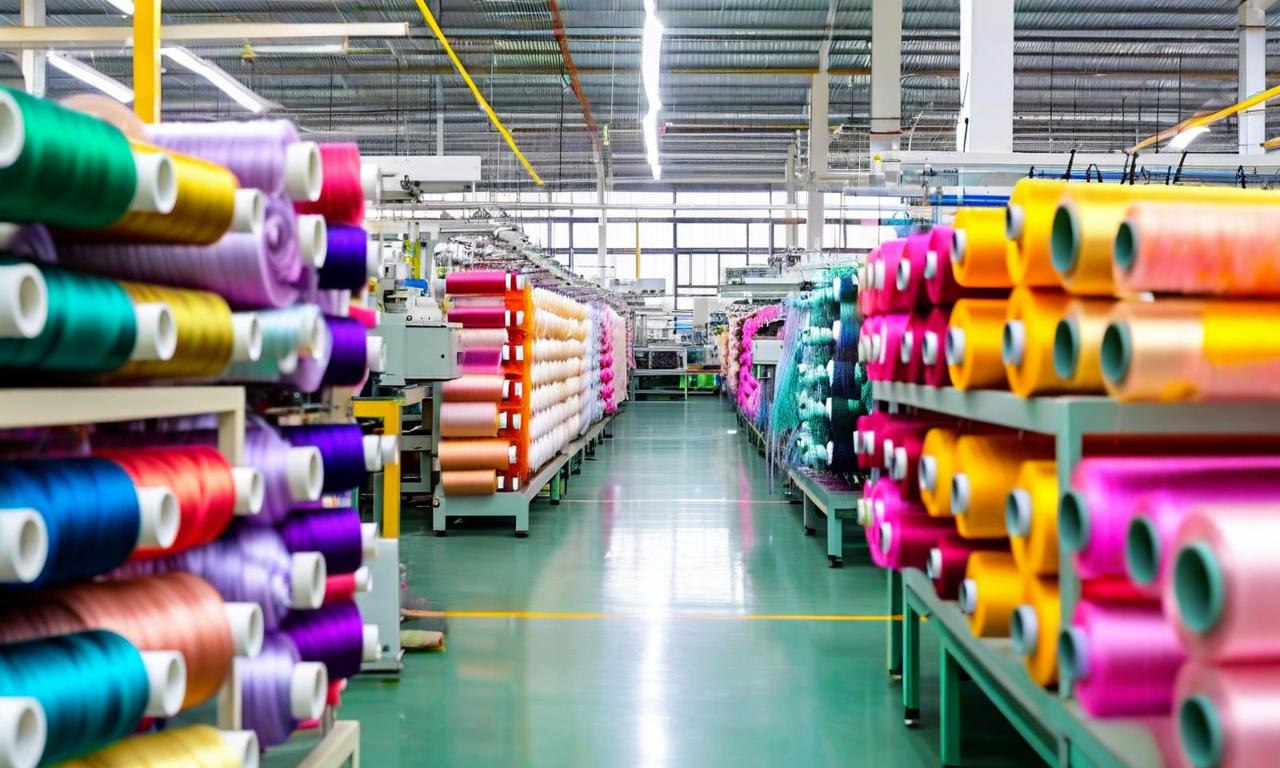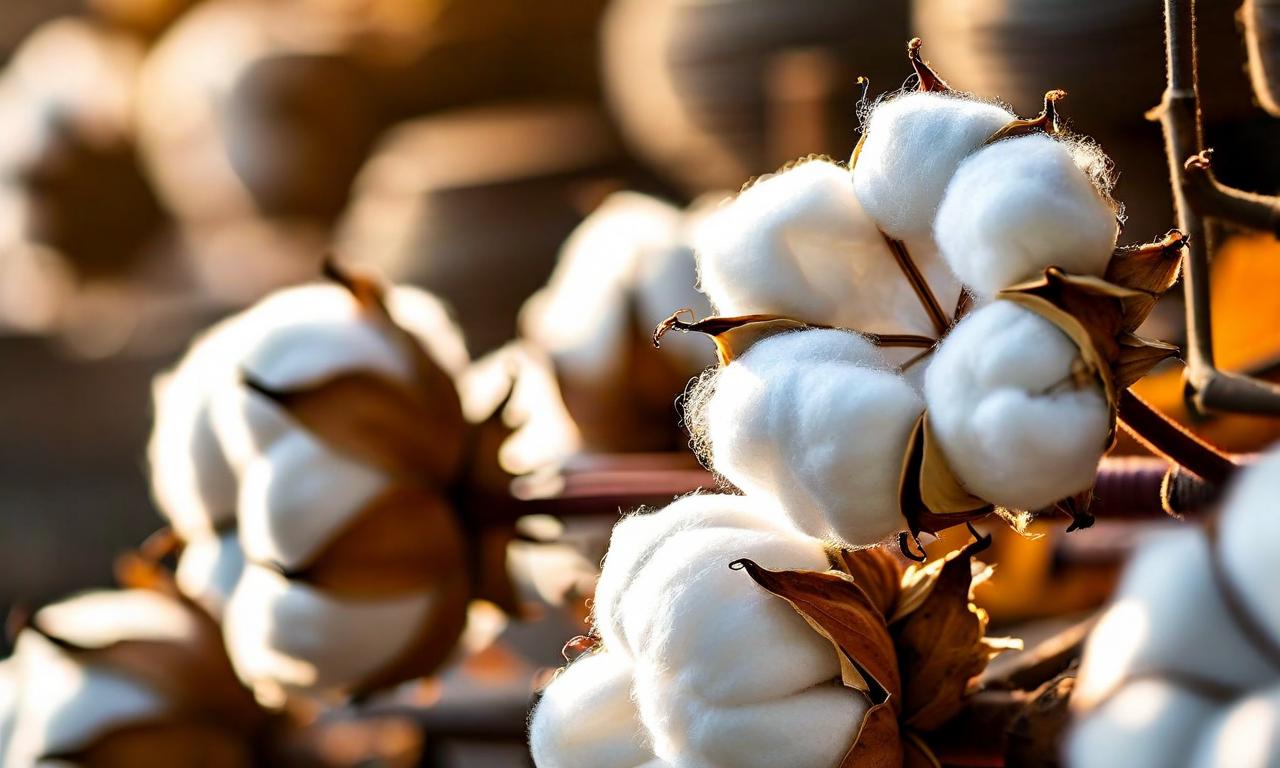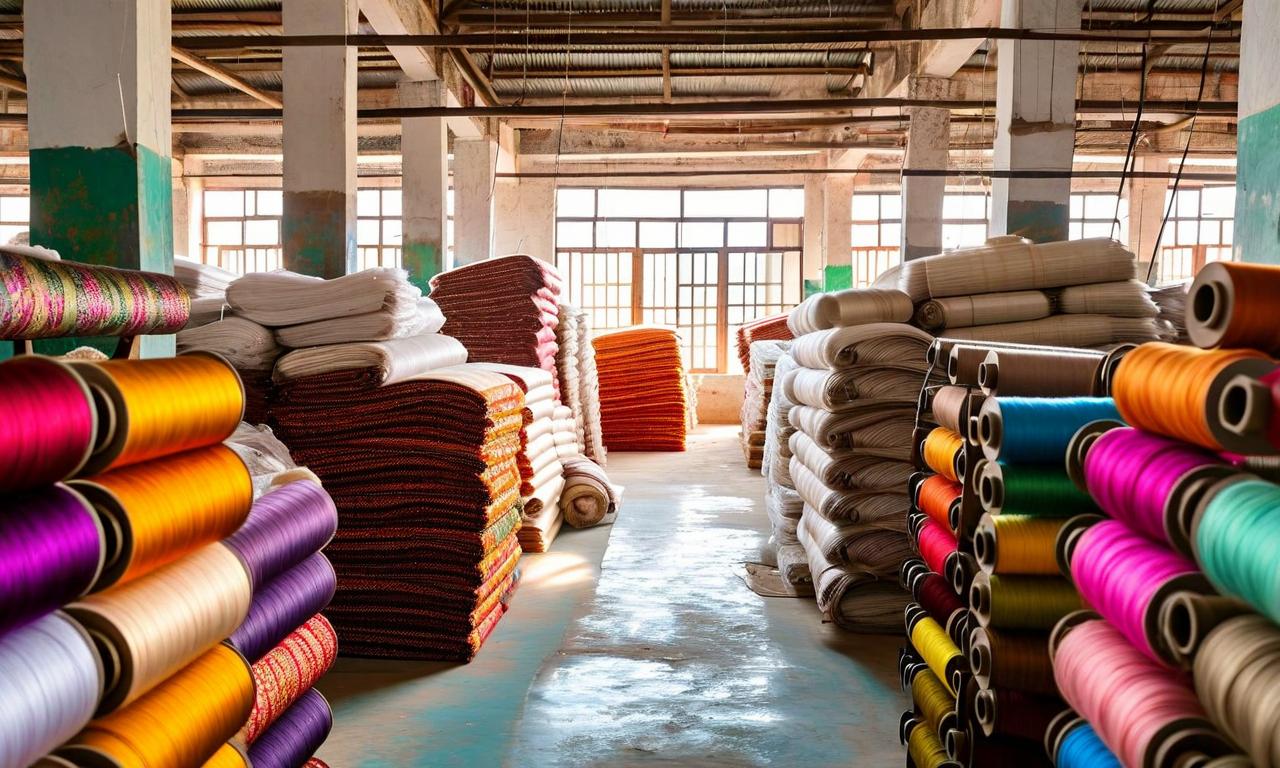Government Boosts Textile Exports: 18-Month Extension for Export Obligations
The Indian government has extended the export obligation period under the advance authorisation scheme for chemicals from six months to 18 months. This extension primarily benefits exporters of man-made fibre textiles and technical textiles, allowing them more time to meet export commitments. The move aims to enhance the competitiveness of Indian textile products globally and provide relief to exporters facing international trade pressures, particularly in light of recent tariffs imposed by the United States. The textile industry accounts for about 18% of all Advance Authorisations issued in India.

*this image is generated using AI for illustrative purposes only.
In a significant move to support the textile industry, the Indian government has extended the export obligation period under the advance authorisation scheme for chemicals from six months to 18 months. This decision is set to provide substantial relief to exporters of man-made fibre textiles and technical textiles, enhancing their ability to meet export commitments.
Easing Business for Textile Exporters
The Textile Ministry emphasized that these measures are designed to improve the ease of doing business and boost the competitiveness of Indian products in the global market. This extension comes at a crucial time, as the sector faces challenges including a recent 50% tariff imposed by the United States on Indian goods.
Key Points of the Extension
- Extended Period: The export obligation period has been tripled from 6 months to 18 months.
- Sectors Benefited: Primarily man-made fibre textiles and technical textiles exporters.
- Scheme Details: The Advance Authorisation Scheme allows duty-free imports of inputs for physical exports.
- Compliance Flexibility: Mandatory compliance with quality control orders is not required for imports under this scheme.
Significance for the Textile Sector
The textile industry plays a crucial role in India's export landscape, accounting for approximately 18% of all Advance Authorisations issued. This extension is expected to provide much-needed breathing room for textile exporters, allowing them more time to fulfill their export obligations amidst global economic challenges.
Government's Strategic Move
By implementing this extension, the government aims to:
- Enhance the competitiveness of Indian textile products globally
- Provide relief to exporters facing international trade pressures
- Stimulate growth in the man-made fibre and technical textiles segments
- Improve India's position in the global textile market
The extension of the export obligation period is a strategic response to the changing global trade dynamics, particularly in light of increased tariffs from key markets like the United States. It demonstrates the government's commitment to supporting one of India's most significant export sectors during challenging times.
As the textile industry adapts to these new provisions, it remains to be seen how effectively exporters will leverage this extended timeframe to boost their international trade performance and navigate the complex global market landscape.


























